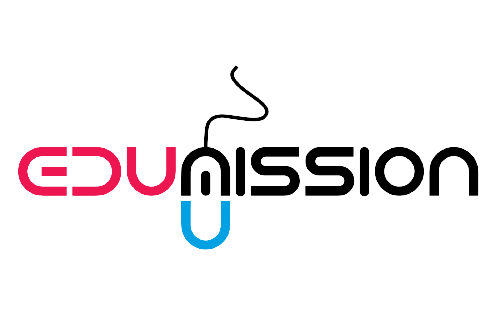B.Sc in Medical Laboratory Technician
- Eligibility : Candidate must pass the subjects ( Physics, Chemistry, Biology, English and Regional Language) with individual pass marks ( in both theory and practical separately wherever applicable) of 50% in aggregate for General category, 45% for OBC-A, OBC-B and 40% for SC and ST.
- Fees : 40000/- per semester



